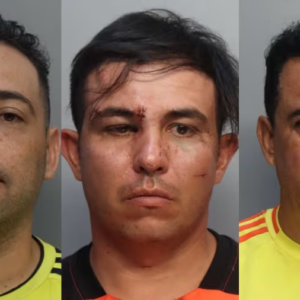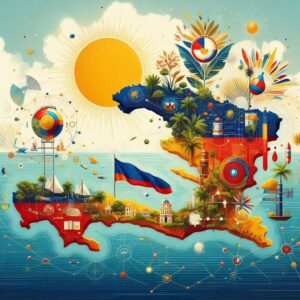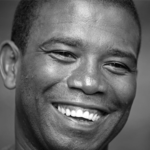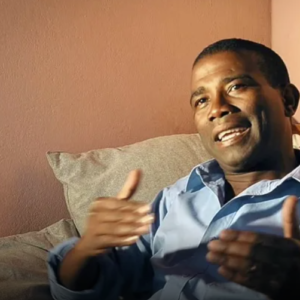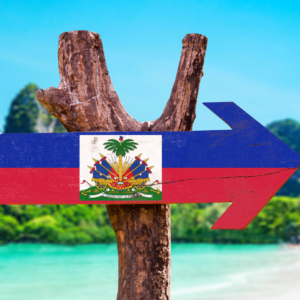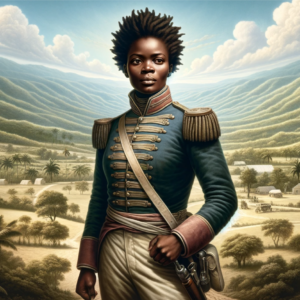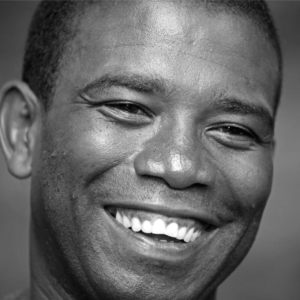Port-au-Prince, Haiti – In the heart of the Caribbean, the shared history of Haiti and the Dominican Republic unfolds, intertwined with the legacy of the indigenous Taino people. A recent debate has emerged, striking at the core of this shared history: Can Haitians claim Taino heritage, or is this heritage exclusively Dominican due to Haitians predominantly being of African descent?
The island of Hispaniola, today divided into Haiti and the Dominican Republic, was once the homeland of the Taino people. The Taino culture, rich in traditions, beliefs, and art, was predominantly wiped out due to colonization and disease brought by Europeans. However, their legacy remains an integral part of the island’s history.
The debate arises from differing perspectives on heritage and identity. Some Dominicans argue that Haitians, whose ancestors predominantly came from Africa as slaves during the colonial period, cannot claim Taino heritage. This viewpoint often overlooks the complex intermingling of cultures that occurred during and after the colonial era.
On the other side, many Haitians see themselves as rightful heirs to the Taino legacy, as the Taino inhabited the entire island, not just the part that is now the Dominican Republic. The argument here is that national borders, a result of colonialism and political shifts, should not dictate the boundaries of cultural and historical heritage.
This debate is more than historical nitpicking; it touches on deeper issues of racial and cultural identity in a region where history is a tapestry of indigenous, African, and European influences. The legacy of colonialism and the transatlantic slave trade complicates this further.
Historians and cultural anthropologists point out that both Haitians and Dominicans share Taino heritage, albeit in different ways. In Haiti, the African influence is more pronounced due to the history of slavery, but this does not negate the Taino influence on the island’s early history.
Furthermore, genetic studies have shown that many people on the island, irrespective of whether they are Haitian or Dominican, have some Taino ancestry. This genetic link challenges the notion of a rigid separation of heritage based on current national identities.
In the midst of this debate, it’s important to remember that identities, especially in a region as diverse as the Caribbean, are not monolithic. They are fluid, complex, and often intertwined. The history of the Taino people, tragic as it is, is a shared chapter in the story of Hispaniola, a chapter to which both Haitians and Dominicans are inheritors.
This discussion opens up broader conversations about how we understand and claim our heritage. It’s a reminder that history is often a shared journey, not a divided one. As Hispaniola continues to navigate its complex past, it’s crucial to approach these conversations with an understanding of the nuanced tapestry of human history, where borders are recent and cultures are much older.

